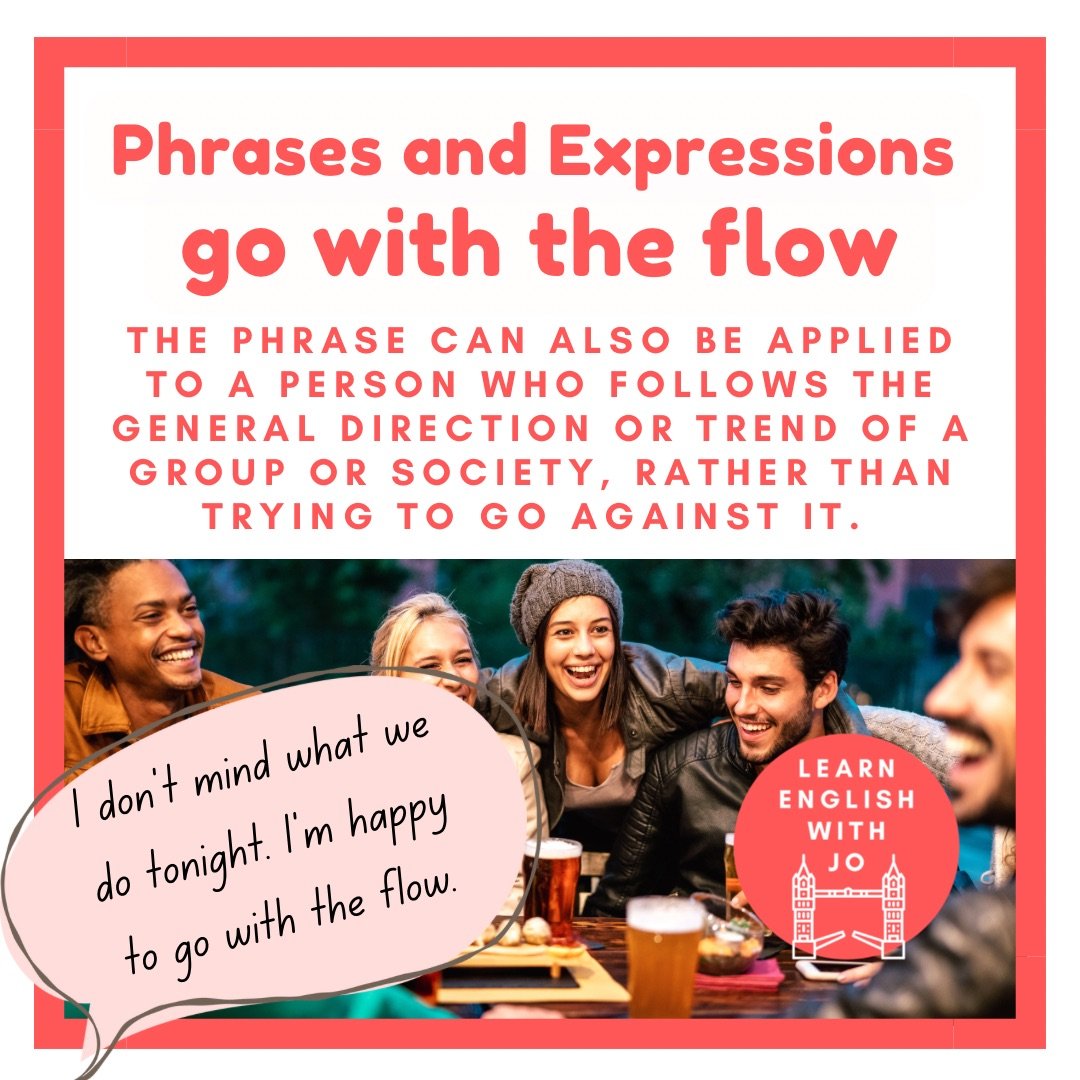Recent Posts

20 Phrasal verbs for talking about money.
When discussing money, phrasal verbs can add a natural and conversational tone to your English. Below, you’ll find 20 common English phrasal verbs related to money, complete with meanings and examples to help you use them confidently in everyday conversations.

What is a cliché?
A cliché, in simple terms, is a phrase or expression that has been used so frequently that it has lost some of its original impact. These phrases have become so ingrained in our language that they often evoke a sense of familiarity. While some may view clichés as overused and lacking creativity, they still hold a special place in our communication toolbox.

Vocabulary for describing the qualities of a good friend in English.
In English, there are many ways to talk about friendship, using a variety of vocabulary, idioms, and phrases. In this blog post, we will focus on the vocabulary that you can use to describe the qualities a good friend.

Talking about books and reading in English.
Are you a bibliophile, a bookworm or an avid reader?
Whether you’re talking about your favourite piece of literature in your IELTs speaking test or just recommending a novel to a friend, this article aims to provide you with some of the vocabulary and expressions that will come in useful for talking about reading and books in English.

English word of the week - mundane.
The English word "mundane" is an adjective that refers to something that is ordinary, everyday and not very interesting. It is often used to describe things that are dull, tedious, or unexciting.

English Idioms about sadness.
In this blog, we will explore English idioms about sadness, which are commonly used in everyday conversation. EFL students who learn these idioms will be better equipped to understand and participate in English conversations that include expressions of emotions.

Talking about conspiracy theories in English.
Conspiracy theories have been around for centuries, but they have gained more attention in recent years, especially with the rise of social media. These theories can range from harmless and humorous to harmful and dangerous. In this article, we will explore the vocabulary and language associated with conspiracy theories.

English phrasal verbs for talking about dating and relationships.
Dating can be confusing, nerve wracking, slightly soul-destroying and that's without the added challenge of dating in English as a foreign language! Today I’ve got a variety of phrasal verbs that are useful for talking about dating and relationships in English.

13 Phrasal verbs for talking about health.
When it comes to talking about health, there are a number of phrasal verbs that are commonly used. So let’s have a look at them.
Dose up
To ‘dose up’ means to take a medication, vitamin, or supplement in a large or excessive quantity. For example, if you have a cold, you might dose up on vitamin C to help boost your immune system. This phrasal verb is often used when talking about taking medication or supplements to improve your health or treat a specific condition.

English phrases and expressions - go with the flow
The English phrase ‘to go with the flow’ has become a staple in everyday conversation, but have you ever stopped to think about what it actually means? In this blog post, we will explore the meaning and usage of this popular English expression.

Phrasal verbs for talking about music.
Music is a universal language that connects people across cultures and backgrounds. To talk about music in English, you need a rich vocabulary, including phrasal verbs. Phrasal verbs are multi-word verbs that consist of a base verb and one or two particles. They are often idiomatic, meaning they don't have a direct translation and are used in specific contexts.

English Phrases and Expressions - To put someone on the spot
The English idiomatic expression ‘to put someone on the spot’ means to put someone in an uncomfortable or difficult situation by putting them under sudden pressure to respond, answer, or make a decision. It often creates discomfort, awkwardness or embarrassment for the person being put on the spot.

English idiom - to spill the tea.
You’ve probably heard of the English idiom ‘spill the beans’ but have you ever ‘spilt the tea?’ The idiom ‘spill the tea’ is a colloquial expression that means to share gossip or reveal secret information. The tea or ‘T’ means the truth.

Journaling in English as a foreign language
Have you ever considered using journaling as a tool for developing your written English? Some of my students have found journaling to be a powerful and enjoyable method for improving their English language skills, as it allows them to practice writing, reading, and vocabulary in an autonomous, personal and meaningful way. Download my free 30 English journaling prompts PDF

SMART goals for learning English as a foreign language.
Have you ever set a goal for yourself, but then struggled to actually follow through and achieve it? You're not alone - many people have a hard time setting and achieving goals. But there's a way to make your goals more effective, and it's called SMART goals. And they can be applied to your English learning goals.

British TV for improving your English.
Some of my students asked me which British TV shows I’ve enjoyed over the past couple of years, so I’ve come up with a few personal recommendations. Bear in mind that I’m a 50-something woman who likes a bit of drama and dark humour, so these aren’t going to be everybody’s cup of tea!

Best of British Slang - To go off on one.
"To go off on one" is an idiomatic phrase that means to suddenly become angry or agitated about something. This phrase is usually used in informal situations and when someone is loudly and strongly expressing their anger or frustration about something.

English Idioms about working hard.
I’ve been snowed under with English classes lately, but today I’m back with some English idioms about working hard. Do you ever burn the candle at both ends or bend over backwards to get the job done?

What is italki?
If you’d like to book a trial English conversation class with me then you need to set up an account at italki. Want to know more about this language learning platform that connects students with teachers?

Word of the week- Empathy
In today’s post I’m focusing on my English word of the week, empathy. Are you an empathic person? Continue reading to discover the difference between empathy and sympathy and to find out about Empathy Museum.
